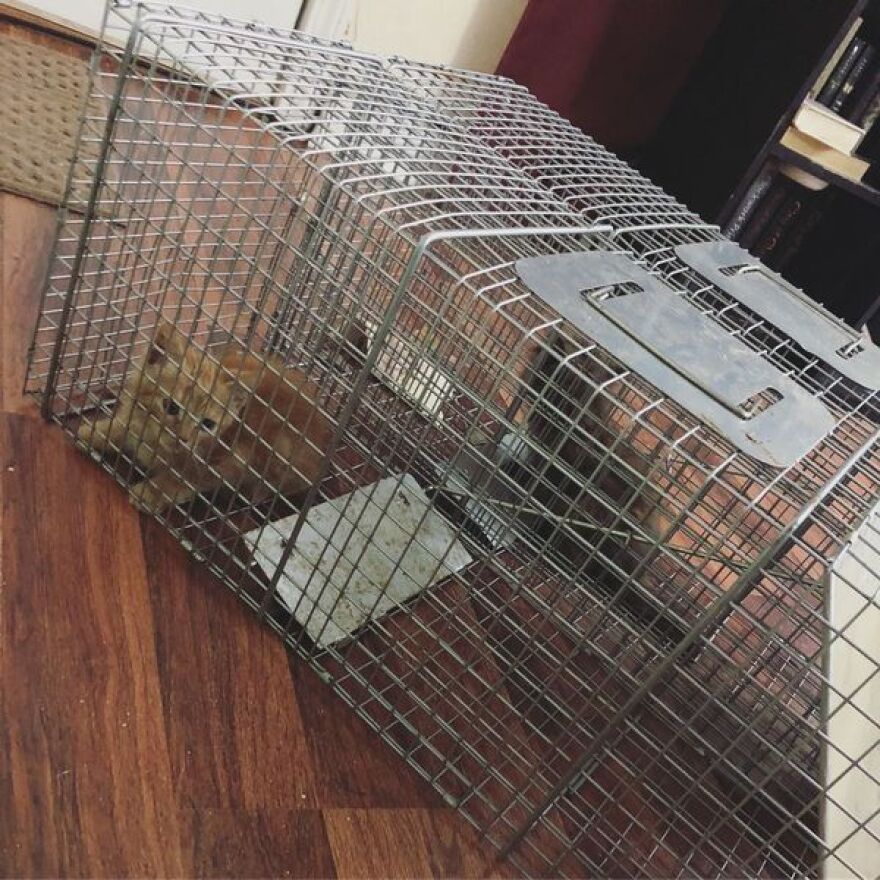


About ten years ago, the Athens community was sharply divided, and rising tensions spilled over into an often-rancorous meeting of the Mayor and Commission.
The issue at hand wasn’t wages, or poverty, or development, or housing, or any of the other systemic issues that have bedeviled lawmakers for years. This hotly debated issue was … cats. Specifically feral cats and how to handle the growing number of feral cat colonies in the county. Some ten years later, the colonies are still here, but they are more closely monitored and managed.
Blake Aued, an Athens reporter who was working for the Athens Banner Herald at the time, remembers the tense debate between residents who wanted the best for the cats and community bird watchers who believed the cats were a detriment to the bird population. “As dramatic as it was, and it was very dramatic, there were several commission meeting s about this and they were the kind of meetings where people were lined up out the door at city hall to talk about it, very passionate. But it turned out to be kind of much ado about nothing.”
The TNR program was passed by the ACC Commission and the program has since gained broader acceptance. Mayor Kelly Girtz, who was a Commission member at the time of the great cat debate, understands why residents are so invested. “Animals pull the heart strings…and animal services is something we continue to work on today.”
Athens Area Humane Society Project Manager Jed Kaylor says that feral cats are much different from adoptable cats, “Feral cats are ones that are totally unsocialized to people. We colloquially call a community cat anything [that lives] outdoors.”
As part of the TNR program, residents can register to be a caretaker for a feral cat colony with Athens Clarke County. Kristall Barber, the director of ACC Animal Services Department says there are about 30 Feral Cat colonies registered today. While Animal Services does not remove cats in the field, they do offer cat traps so that residents can trap animals on their property for neuter and release purposes.
Jed Kaylor with the Humane Society says there are some legal issues to consider when trapping animals. Residents can trap animals on property that they own, but renters must get permission from a landlord to TNR. There are a few programs in the community that monitor Feral Cat colonies. Kelly Bettinger with Cat Zip Alliance Campus Cats, works to ensure the health of cats on UGA’s campus.
As part of Campus Cats, felines are trapped and healthy truly feral cats are spayed/neutered, vaccinated for rabies and distemper, ear-tipped for identification, returned to their home territory, fed and watered daily, and the location is monitored for new cats. Kittens and friendly cats are put up for adoption, and sick or injured cats are permanently removed.
Campus Cats has been active since 2006 and has TNR’d 174 cats in that time. But these days, the average number of animals that Campus Cats TNR’s is 6 cats per year. In some cases, Cats are relocated as part of Cat Zip Alliance’s Barn Cat program. Most feral cat colonies at UGA are on the edges of campus where the animals are coming in from nearby neighborhoods.
That’s why Mayor Girtz encourages residents to remain vigilant to Spay and Neuter their pets. This is a service the Humane Society offers for a small fee whether the animal is a pet or a feral cat. And if you’re thinking about adopting a pet, Jed Kaylor at the Humane Society says, “Keep them indoors.” You can find more information about traps available for TNR on the Athens Area Humane Society’s website – Community Cats; on the ACC Unified Government’s Animal Services Website - and at catzip.org.
If you have a large colony that needs to be brought under control Campus Cats regularly co-hosts high volume feral cat spay and neuter events.
You can contact the group directly at feralcatcaregivers@yahoo.com. And if you’re interested in adopting a pet, the Athens Area Humane Society is moving their operations to a new location, which opens on August 13.
Photos: Courtesy of the Athens Area Humane Society Note: TNR, however necessary, can be a traumatic experience for the unsocialized cat population, and consequently, the animals depicted in this image appear frightened.
WUGA's Cathy Bradberry filed this report:



